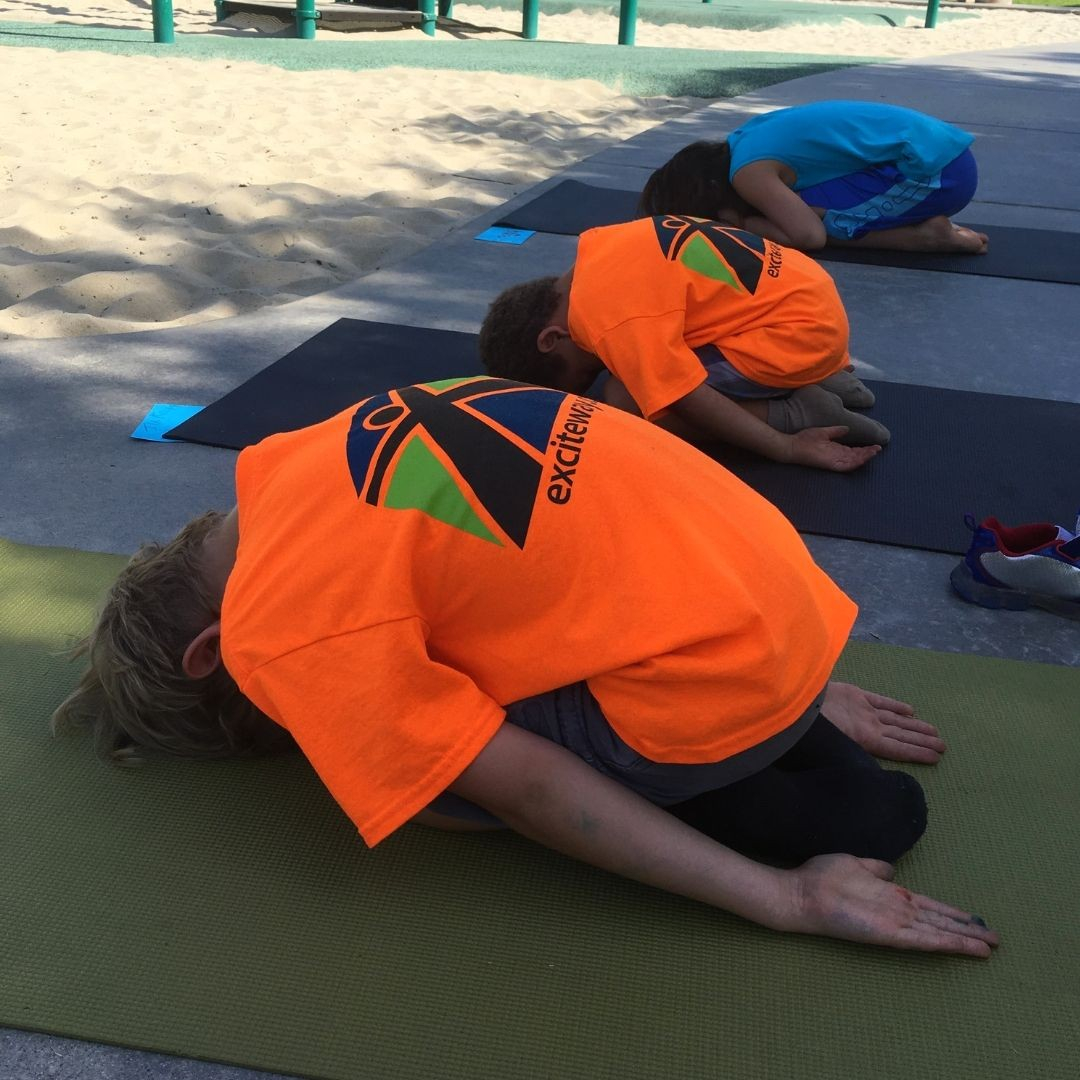ADHD & Bullying
By Dan Roth
Depending on what study you look at, people with ADHD are approximately four times more likely to be bullies and ten times more likely to be bullied. The reasons for this are many but let’s start by looking at the facts. It is universally agreed certain factors increase the likelihood of being bullied.
According to stopbullying.gov, “Children with disabilities—such as physical, developmental, intellectual, emotional, and sensory disabilities—are at an increased risk of being bullied. Any number of factors— physical vulnerability, social skill challenges, or intolerant environments—may increase the risk. Research suggests that some children with disabilities may bully others as well.”
Add in impulsivity, poor emotional control and distractibility and this would indicate that children with ADHD are going to bully or be bullied at some point in their lives.
As a parent it is critical to do everything you can to help decrease the risk and/or support your child if you start seeing signs that something is going on. Some of the warning signs of a child being bullied include unexplained bruises, lack of appetite, feeling sick or faking illness, or a sudden drop in self-esteem.
With the exception of the bruising, parents of children with ADHD can have a lot harder time identifying these signifiers because they are so similar to typical ADHD symptoms.
While there is no surefire way to know the difference, open communication with your child is key. If you talk to them on a regular basis and all of a sudden you find them being more reclusive this may be a sign there is a problem.
Here are a number of things you can do to help decrease the risk of them being bullied.
Have your child explain their ADHD to their friends. If they understand what your child is going through they will often times be more patient.
if your child does have an outburst, let them know it is OK and appropriate to apologize
Make sure your child knows not to let others pressure them into doing anything against their moral values. Explain that real friends will not put them in uncomfortable situations.
Try having your child repeat what you say to them. If they can listen and then repeat they are less likely to be impulsive when they want to make a comment.
If your child does come to you about being bullied the worst thing you can do is not believe them. It takes a lot of strength to come to you and they should be commended for doing it.
Once your child does come to you do your research. If it is happening in school, laws have been enacted so that schools have to take bullying very seriously and do a full-scale investigation into the occurrence. If it happens more than once document every time it happens so that you have records.
Lastly, put the bully’s behavior in perspective. Many times your child will feel they did something. But if you know the parent or family of the bully and are aware that they have issues, it may not be anything your child did, just the situation. That does not excuse the behavior but once your child realizes this it will hopefully stop having as large an impact on their self esteem.
-Daniel Roth is an ADHD professional and mentor for kids with learning disabilities at ClubXcite and an author who writes about his own experience growing up with ADHD and now helping others with ADHD to empower themselves to succeed.
ClubXcite is a San Diego youth tutoring and coaching organization focused on supporting children and teens facing academic, social, behavioral, emotional or athletic challenges. For families looking for help with bullying, please visit our page on our programs.







